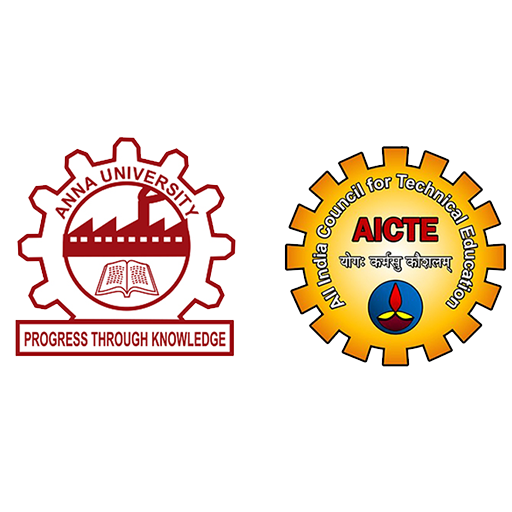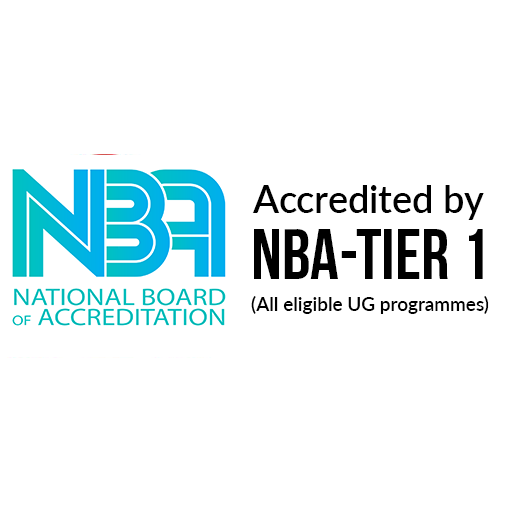In the digital world, technology changes every industry, and civil engineering is no exception. The integration of IT and civil engineering ruling the world with extraordinary infrastructures and designs. This integration helps in the development of smart cities mainly focused on the creating intelligent and sustainable urban environments
Cities like Coimbatore are well known hubs for engineering education. It gained attention on how IT plays a vital role in civil engineering. Here, we are going to explore how IT is driving the future of civil engineering and how engineering colleges in Coimbatore educate students to get prepared for this booming field. Many engineering colleges do educate about this evolution but DR.MCET holds on the top for this booming technology.
The Intersection of IT and Civil Engineering
The work flow process in civil engineering could be planning, designing and construction of physical structures. Civil engineers are behind for the buildings, roads, bridges, etc. Civil engineering is undergoing a major transformation due to the integration of IT tools and techniques.
Civil engineers use software for the designs to create. The software is CAD, BIM and project management. This software comes under Information Technology. Software engineering built these software. These software not only helps for civil engineering it also helps other industries as well. These technologies improve accuracy, speed, and safety in construction projects
Moreover, IT facilitates real-time data collection through sensors embedded in infrastructure. This data helps in monitoring structural health, traffic flow, and environmental conditions, which is critical for smart infrastructure development.
Smart Infrastructure: The Future of Urban Development
Smart infrastructure means using technologies to create intelligent systems that improve the efficiency, safety and sustainability of urban environments. This includes smart roads that monitor traffic and reduce congestion, bridges that detect damage early, and water management systems that conserve resources.
Incorporating IT into civil engineering makes it possible to build these systems. Sensors, Internet of Things (IoT) devices, and data analytics are some of the IT tools that help make infrastructure smart. For example, sensors installed on a bridge can send real-time information about stress and wear to engineers, allowing for timely maintenance and preventing accidents.
Cities around the world are adopting smart infrastructure to address the challenges of rapid urbanization, climate change, and resource management. Engineers trained in both civil engineering and IT will be at the forefront of this development.
Civil Engineering Colleges in Coimbatore: Preparing Future Engineers
Coimbatore is a major center for engineering education in Tamil Nadu, India. It is home to many reputed institutions offering excellent courses in civil engineering. These colleges equip students with both traditional engineering knowledge and modern IT skills essential for smart infrastructure projects.
If you are looking for civil engineering colleges in Coimbatore, you will find many that focus on integrating IT with civil engineering practices. These colleges emphasize practical training, industry exposure, and the use of the latest software tools.
One such institution is Dr. MCET (Dr. Mahalingam College of Engineering and Technology), known for its strong engineering programs including civil and IT engineering. Dr. MCET provides students with the opportunity to learn the latest technologies and apply them in real-world infrastructure projects.
For students aspiring to enter the field of civil engineering with a strong IT background, Coimbatore offers several top-notch options. One among the top 10 engineering colleges in Coimbatore, Dr. MCET is recognized for their quality education and infrastructure.
Importance of IT Engineering in Coimbatore
IT engineering is rapidly growing in Coimbatore due to the increasing demand for technological solutions across industries. When IT engineering skills combine with civil engineering, the result is a powerful synergy that drives smart infrastructure development.
IT engineering in Coimbatore focuses on software development, data analysis, networking, and emerging technologies like artificial intelligence (AI) and IoT. Civil engineers with knowledge of IT can use these technologies to design smarter, more adaptive infrastructure systems.
Institutions like Dr. MCET offers specialized courses that bridge the gap between IT and civil engineering, preparing students to handle the challenges of modern infrastructure projects.
Challenges and Opportunities in Smart Infrastructure Development
While IT offers many benefits to civil engineering, there are challenges to overcome. These include the need for skilled professionals, high costs of technology adoption, and integration of new systems with existing infrastructure.
However, these challenges also present opportunities. Engineering colleges in Coimbatore are investing in advanced labs and industry partnerships to train students in the latest technologies. Graduates with combined skills in civil and IT engineering will have better job prospects and the ability to contribute to smart city initiatives.
Conclusion: Embracing IT for a Smarter Future in Civil Engineering
The future of civil engineering is deeply connected with Information Technology. In smart infrastructure development, IT enables safer, more efficient, and sustainable solutions for urban challenges.
Coimbatore, with its strong educational institutions including the top 10 engineering colleges and specialized colleges like Dr. MCET, is well-positioned to produce engineers who can drive this future. By combining civil engineering knowledge with IT expertise, these professionals will build smarter cities that improve the quality of life for everyone.
As technology evolves, the partnership between IT and civil engineering will only grow stronger, making smart infrastructure the foundation of tomorrow’s urban development.








